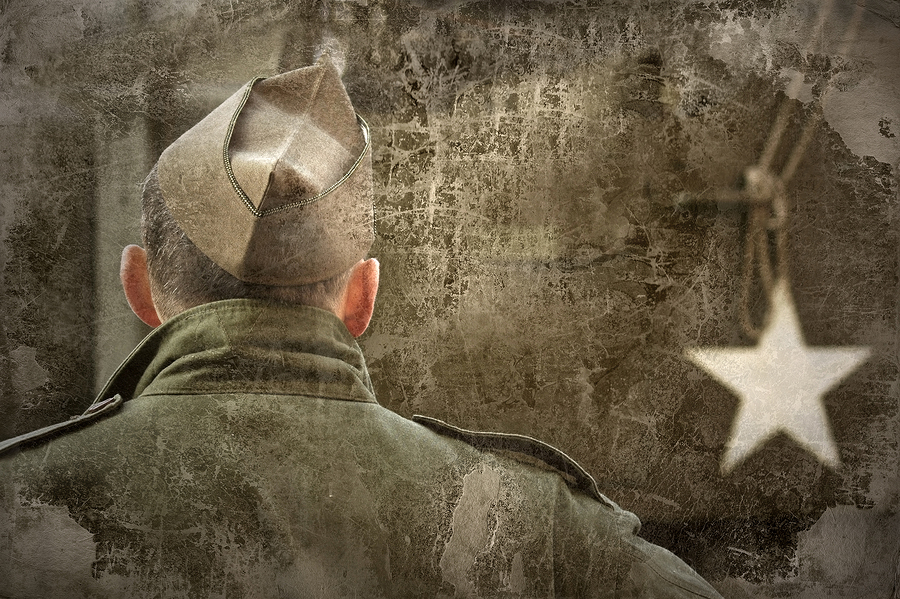
Just---Enough?
07-23-2023Pastor's LetterFr. John BonavitacolaDear Friends,
I recently viewed the remake of the Film, “All Quiet on the Western Front”. And it is every bit as jarring as the original. I encourage you to view it. Those of us who only see War from a distance and get a sanitized version from media need to familiarize ourselves with the brutality, cruelty and inhumanity that are too often characteristic of wars. Maybe then we would push harder for our leaders to exhaust every form of diplomacy before engaging in hostilities.
The Law of Talion (“an eye for an eye, a tooth for a tooth”), found in the Hebrew scriptures, introduced into ancient Israel the concept of proportionality. In other words, justice had to be in proportion to the harm cause. So, if I stole one of your sheep you could only have one of mine not my whole flock. The Law helped limit the human desire for revenge and limit interpersonal conflict that often marks societal relationships and establish a standard for justice.
Later, St. Augustine (and further refined by St. Thomas Aquinas) developed the “Just War Theory” to answer the question: “when it is just to wage war and under what conditions should a war be carried out”? Again, this was not an attempt to justify war but rather to place strong ethical boundaries around the use of lethal force and in the end limit the option for war, to make war less and not more likely.
After the devastation of WWI and II, the West, adopted the Universal Declaration on Human Rights, the Geneva Conventions, conducted the Nuremberg Trials and ratified other international laws and treaties so that even in the event of war, the parade of war atrocities could be avoided. Put simply, the limitation on the use of force is a hallmark of a Just Society.
In our own moment, many of our communities have been thrown into fits of convulsion over the use of force in local law enforcement. When should force be used, how much force is necessary and when should lethal force be allowed? These are critically important questions and clear answers are required along with accountability. When the use of force becomes indiscriminate then relations among people deteriorate, the desire for justice morphs into to disproportionate revenge. Unrestrained injustice will always lead to conflict and violence.
Most recently, the US sent Cluster Bombs to Ukraine. Is it morally justified? These types of munitions can cause great harm to civilian populations and often many of the bombs remain unexploded but active in fields, forests, and other areas long after they were dropped. We are still finding them in places like Laos, Vietnam, and Cambodia. Even long after hostilities are over, these bombs can cause great harm. There have been 110 nations that have ratified a treaty (Convention on Cluster Munitions) that considers use of Cluster Bombs as a war crime. The US is not a signatory to this Convention.
But does that make it morally ok? Well certainly not in the eyes of 110 nations. Another justification has been that Russia has already used Cluster Bombs against the Ukraine. Again, just because someone else used immoral means doesn’t give another permission to do so. Then the final justification is that the US is running out of ammunition, and this was all that was left. If you follow that logic, then sooner or later you arrive at the position that when all conventional munitions are exhausted, the only ones left to use are unconventional (nuclear, biological, chemical).
Maybe then, if that is correct, namely, that options have become limited, it is time to start negotiating for an end to hostilities and an ensuing Peace agreement before either side is tempted to greater atrocities.
As the film, “All Quiet on the Western Front” shows so vividly, the atrocities of WWI and the one-sided armistice lead directly to WWII. By allowing the use of Cluster Bombs, we only create more atrocities, increase hostility, and make peace harder to achieve.
Love,
Fr. John B
PS You can find the Just War teaching in the Catechism #2309
BACK TO LIST